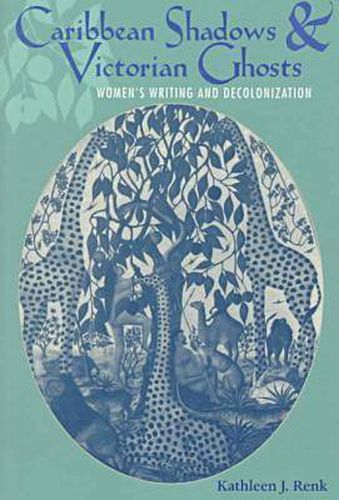Readings Newsletter
Become a Readings Member to make your shopping experience even easier.
Sign in or sign up for free!
You’re not far away from qualifying for FREE standard shipping within Australia
You’ve qualified for FREE standard shipping within Australia
The cart is loading…






This title is printed to order. This book may have been self-published. If so, we cannot guarantee the quality of the content. In the main most books will have gone through the editing process however some may not. We therefore suggest that you be aware of this before ordering this book. If in doubt check either the author or publisher’s details as we are unable to accept any returns unless they are faulty. Please contact us if you have any questions.
IN AN ERA of social chaos, religious skepticism, and postrevolutionary fear, the idea of the stable middle-class family acquired a mythical status in nineteenth-century England. This image of the traditional family–based upon the supposed natural superiority of white elders–also served as a paradigm for the relationship of the British to their colonial subjects during the Victorian era.
As this book shows, remnants of this myth live on and are played out in the contemporary Caribbean. In Caribbean Shadows and Victorian Ghosts, Kathleen Renk demonstrates how contemporary Anglophone Caribbean women’s writing radically subverts the powerful myth of the family as it is constructed in nineteenth-century British and colonial texts.
Reading the fiction of Jamaica Kincaid, Dionne Brand, Jean Rhys, Erna Brodber, and Michelle Cliff alongside British texts such as Dickens’s Great Expectations and Bronte’s Jane Eyre, she argues that Anglophone Caribbean women writers create new narratives that simultaneously bury Victorian ghosts–the discourse on the Victorian mother, the plantation family discourse, and the discourse on madness–and catch Caribbean shadows–the histories of forgotten or elided Caribbean ancestors and narratives of resistance.
These women writers radically depart from both British and Caribbean literary precursors as they reconfigure Caribbean identity, family, and nation according to cross-cultural, transnational, and transtemporal paradigms.
Because it is the first book to examine the vital textual connections between Victorian and Anglophone Caribbean literatures, and because it draws on the work of sociologists, anthropologists, historians, and feminist and postcolonial theorists, the book should have wide-ranging appeal.
$9.00 standard shipping within Australia
FREE standard shipping within Australia for orders over $100.00
Express & International shipping calculated at checkout
This title is printed to order. This book may have been self-published. If so, we cannot guarantee the quality of the content. In the main most books will have gone through the editing process however some may not. We therefore suggest that you be aware of this before ordering this book. If in doubt check either the author or publisher’s details as we are unable to accept any returns unless they are faulty. Please contact us if you have any questions.
IN AN ERA of social chaos, religious skepticism, and postrevolutionary fear, the idea of the stable middle-class family acquired a mythical status in nineteenth-century England. This image of the traditional family–based upon the supposed natural superiority of white elders–also served as a paradigm for the relationship of the British to their colonial subjects during the Victorian era.
As this book shows, remnants of this myth live on and are played out in the contemporary Caribbean. In Caribbean Shadows and Victorian Ghosts, Kathleen Renk demonstrates how contemporary Anglophone Caribbean women’s writing radically subverts the powerful myth of the family as it is constructed in nineteenth-century British and colonial texts.
Reading the fiction of Jamaica Kincaid, Dionne Brand, Jean Rhys, Erna Brodber, and Michelle Cliff alongside British texts such as Dickens’s Great Expectations and Bronte’s Jane Eyre, she argues that Anglophone Caribbean women writers create new narratives that simultaneously bury Victorian ghosts–the discourse on the Victorian mother, the plantation family discourse, and the discourse on madness–and catch Caribbean shadows–the histories of forgotten or elided Caribbean ancestors and narratives of resistance.
These women writers radically depart from both British and Caribbean literary precursors as they reconfigure Caribbean identity, family, and nation according to cross-cultural, transnational, and transtemporal paradigms.
Because it is the first book to examine the vital textual connections between Victorian and Anglophone Caribbean literatures, and because it draws on the work of sociologists, anthropologists, historians, and feminist and postcolonial theorists, the book should have wide-ranging appeal.